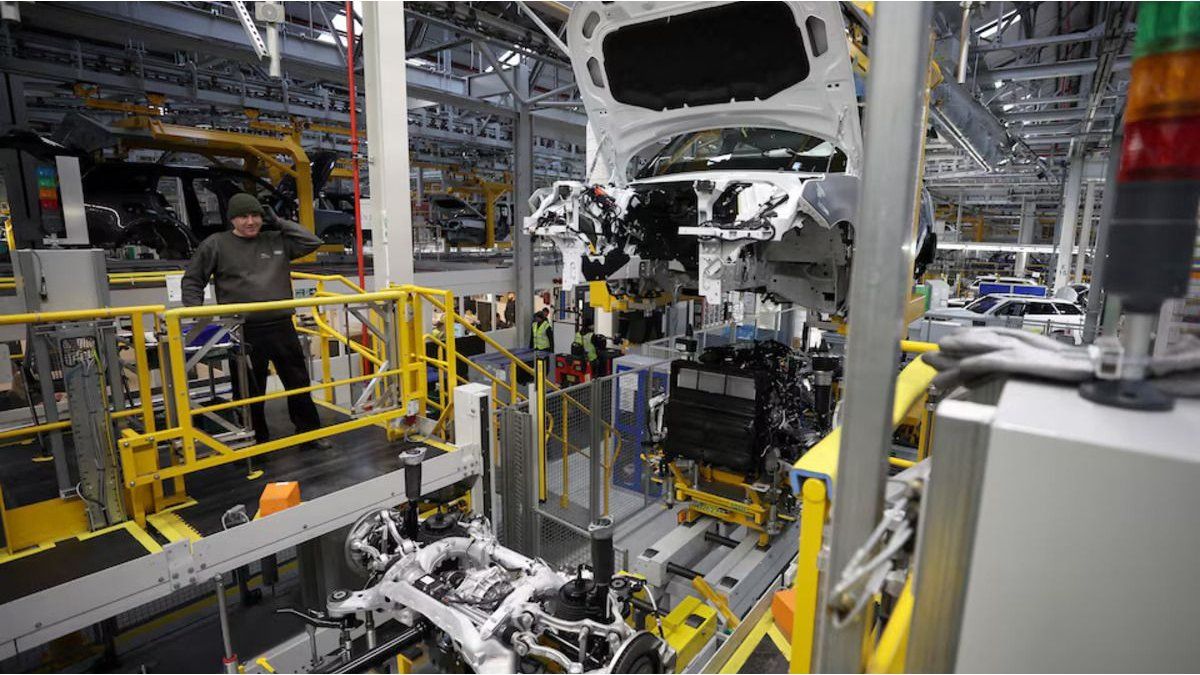Uncertain weather is a business risk for farmers, and this is no different this summer. But the industry is insisting on stability in other areas.
Farmers are hoping for more sunshine shortly before the start of this year’s harvest. “Overall, there has been enough rainfall so far, in some regions even too much,” farmers’ president Joachim Rukwied told the German Press Agency ahead of the German Farmers’ Day in Cottbus. “We are now counting on consistent weather and sunny days so that the grains of cereals and rapeseed can develop well. That will also produce good quality crops.”
July and August are crucial for late crops such as potatoes, beets and corn, explained Rukwied. The association plans to present a forecast for the 2024 harvest in Germany at the start of the harvest on July 1. “There is some massive flood damage on farms in Bavaria, Baden-Württemberg and Saarland,” said the farmers’ president. “Where there have been floods, there have unfortunately been total losses and considerable economic losses.”
Asparagus farmers reasonably satisfied with season
At the traditional end of the asparagus season on Monday, farmers in Germany are fairly satisfied. The cold and wet weather put pressure on production, but this resulted in relatively stable prices, as can be heard from various growing regions. Long warm periods do indeed ensure good growth for the white vegetable. However, they are not only popular with farmers, as they can lead to excessive production and falling prices.
Overproduction was not a significant problem during the season. The early heat meant that the season began faster than expected, but the cold that followed slowed it down again. The heavy rain also hindered the harvest in some areas. Even at the end of the season, asparagus shortages and high prices were reported in some parts of Germany.
Traditionally, the asparagus season ends on June 24th, St. John’s Day. After that, the shoots are usually no longer picked, the foil is removed and the asparagus grows with leaves up to two meters high. During this phase, it can build up energy reserves with the help of sunlight. This energy helps the asparagus plant, which can live for up to ten years, to grow the following spring when it is harvested again. In some cases, asparagus is still available after June 24th. This usually comes from fields that will be replanted the following year and therefore does not need to regenerate.
Fragile supply chains
With regard to the current market situation for supermarket customers, Rukwied said: “At the moment, food prices are tending to dampen inflation. But that can change again quickly. We have the war in Ukraine. We have seen how fragile supply chains are.” In order to achieve a certain level of stability, it is therefore important to strengthen the competitiveness of domestic agriculture and maintain production in the country.
“It’s like a slap in the face when the Chancellor dreams of a 15 euro minimum wage,” criticised the association president. “We already have problems with labour-intensive crops such as asparagus and strawberries, which are then relocated abroad.” The plan is currently to raise the minimum wage next year from the current 12.41 euros to 12.82 euros per hour.
The political framework for the industry is the topic of discussion at the German Farmers’ Day this Wednesday and Thursday in Cottbus. The topic will also be relief measures that the traffic light coalition has promised following nationwide farmers’ protests against the end of agricultural diesel subsidies. Rukwied is running for re-election as president in Cottbus for another four years. The 62-year-old has been at the head of the farmers’ association since 2012.
Source: Stern




